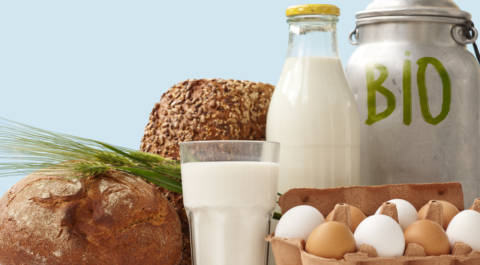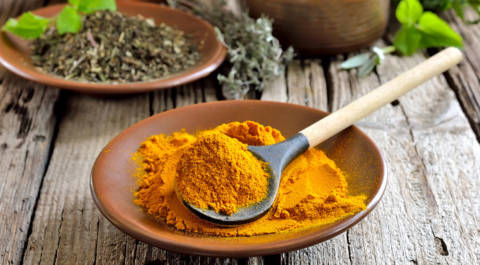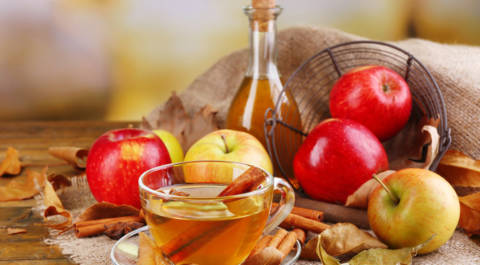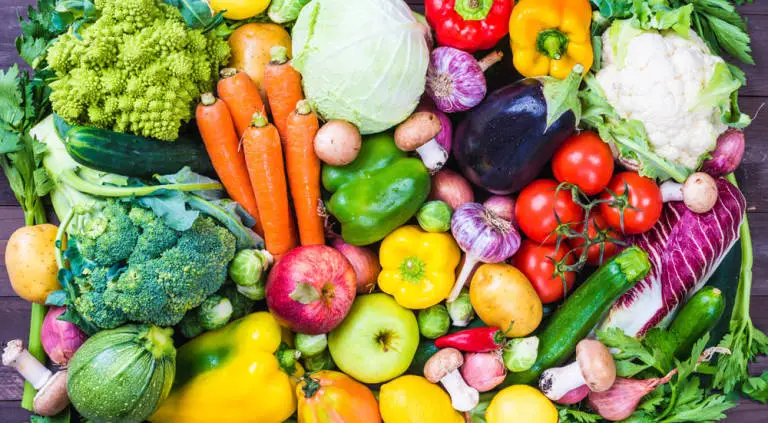
We’ve heard what proponents of organic food have had to say: they hold that organic is tastier, more nutritional, better for the environment, and ethically a better choice for the future. But what about the other side? Surely, those in the business of growing conventional foods don’t want to be demonized, and because of that, we can expect to hear some serious arguments coming out of that camp.
Like Organic Soul on Facebook
So, now that we are settled in to part II, let’s hear what they have to say.
Con – Organic Food is not Healthier for You
“Don’t Believe the Pesticide and Fertilizer Argument”
While supporters of organic food push hard that pesticides are a major problem with conventional growing, the fact of the matter is that pesticides are ubiquitous is the modern world, and therefore should not be singled out as a determinant in the organic food debate. Furthermore, organic farmers indeed do use pesticides, albeit not synthetic ones. While this may seem attractive upon first glance, it actually comes with its own set of problems: the “natural” pesticides and fertilizers are much less efficient than synthetic ones, meaning up to 7 times as much must be used.
In a similar vein, these “natural” pesticides don’t necessarily prove that a product is healthier. Some include rotenone, which is linked to Parkinson’s Disease, others contain pyrethrum, which is carcinogenic, and others use fermented urine, which comes with its own set of oddities. So yes, while they may be natural, they may not be healthier – consider E. Coli, asbestos, or the bubonic plague, all of which are “natural”.
Finally, what really determines the nutritional value of food is not simply the pesticides and fertilizers. It depends on the weather, the seeds, the climate, and any other extraneous influences in the environment. Because of the number of variables, its scientifically and logical imprudent to suggest that pesticides and fertilizers alone can affect nutritional value.
GMOs Show No Evidence of Being Unhealthy
Perhaps the biggest point of controversy with organic food involves genetically modified ingredients. Supporters of organic foods argue GMOs are not recognized by the body, and as a result, cause serious illnesses and increase the propensity of food borne illnesses. However, while there has been a correlation with an increase in these disease and the introduction of GE foods, there is no established scientific link between the two. According to the FDA, there is no difference between genetically modified foods and organic foods.
Genetically modified foods, such as corn, allow for a more effective, efficient, and promising crop yield and use of land. The only modification in foods in for pesticide use, ripening time, and other non-nutritional factor.
Conventional Farming is More Effective and Efficient
It’s true: organic farming uses less harsh chemicals than conventional farming, meaning its better on the soil and the water supply. However, organic farming on average requires twice as much land to grow the same amount of food as conventional farming does. That means the cutting down of more forests and the destruction of natural habitats. Through accounts of agricultural specialists and organic farmers themselves, farming that uses organic methods produces less food and requires more acreage.
That said, it’s hard to say organic farming is “sustainable”.
Conclusion – Who is right?
Certainly, there are pros and cons to both sides, and supporters of organic food have rebuttals to each argument posed:
- While organic farming uses more pesticides, these natural alternatives are easy to wash off and do not affect the nutritional development of plants as synthetic pesticides do, nor do they zap the soil. Furthermore, some foods, namely strawberries, are more prone to absorb the synthetic pesticides, while others, namely thick skinned fruits like bananas, are able to resist it. Here, the ingestion of synthetic pesticides is something much more than simple daily exposure: something that organic farming avoids.
- Although there are no clear-cut scientific connections to GMOs and the rise of food related illnesses, the FDA’s own scientists urge for stronger testing, there has been a huge and statistically pressing correlation between the introduction of GMOs and said diseases, and, finally, over 30 nations in the world have banned GMO use due to scientific uncertainty.
- Finally, while organic farming usually requires more land, it is not “double” – most studies have shown a 4-10 percent increase in land necessity, which is close to nil. Furthermore, that same land is able to be used for longer periods because soil is not being depleted. Whether these balance off is a valid question, but regardless, the land is not being destroyed, water supplies aren’t being contaminated, and the organic farming doesn’t require the production of synthetic or artificial pesticides and fertilizers.
Despite the powerful arguments, there is a better option: eat healthier, organic or not. Currently, people get 7 percent of their calories from soft drinks, which is more than we do fro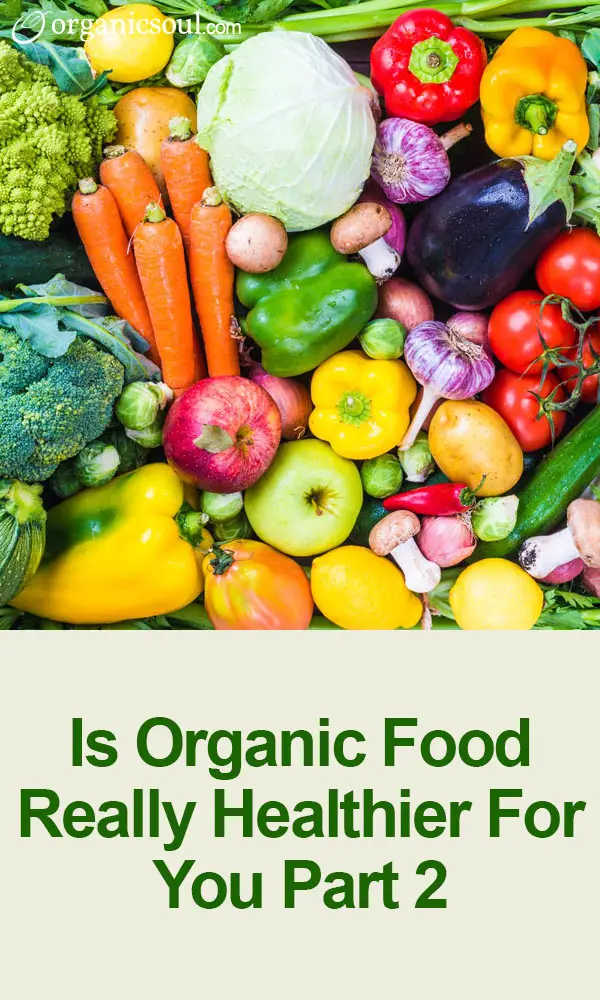 m vegetables, and one out of every three Americans are obese. This suggests that the foremost problem is not whether we eat organically, but whether we change our diet.
m vegetables, and one out of every three Americans are obese. This suggests that the foremost problem is not whether we eat organically, but whether we change our diet.
Organic farming and organic food definitely has its health benefits, however. With pesticides that are less harsh, genetics that come from nature, not from a lab, and more sustainable and ethical farming practice, organic farming is – without a doubt – the best choice. To the argument of land usage, if people simply limited their intake of animal products, vast quantities of land could be reclaimed from animal farms that are unsustainable in any fashion, ethically and morally inhumane, and all around disease-ridden.
So, to reiterate, what’s our final answer: if you have the choice between organic food and conventional food, choose organic, but if you only have the choice between conventional vegetables and fruits and conventional junk food, go with the conventional vegetables and fruits.


